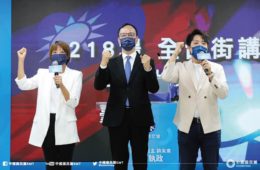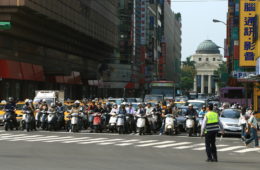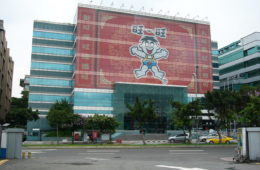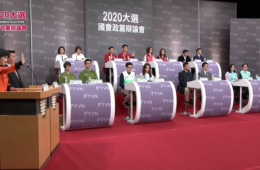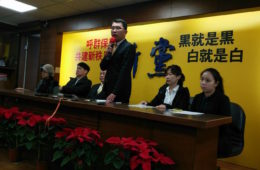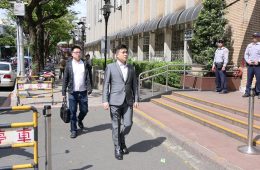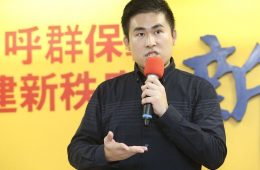The KMT Opening Door for Old Members to Rejoin Reflects Desperation
A new resolution passed by the KMT’s Central Standing Committee earlier this month provides an amnesty period, allowing for members that left or were kicked out of the KMT to rejoin before February 17th. This move is part of an initiative by recently elected chair Eric Chu to open the door for old members that have since left the party...


